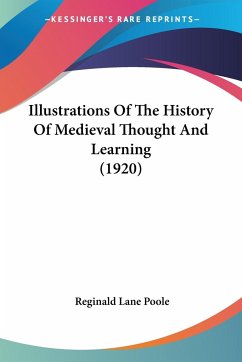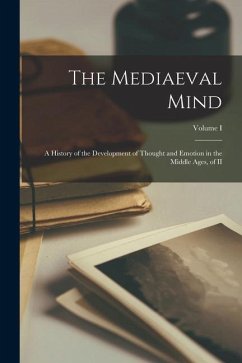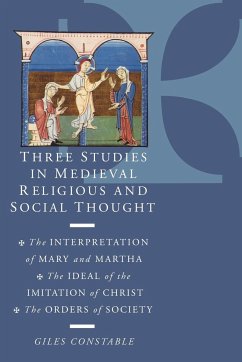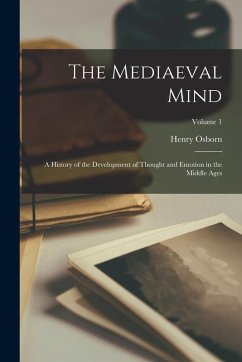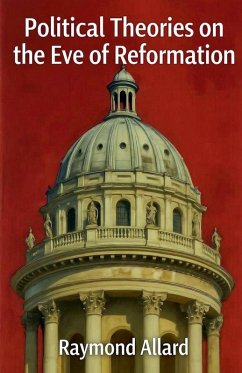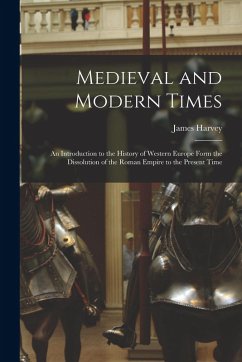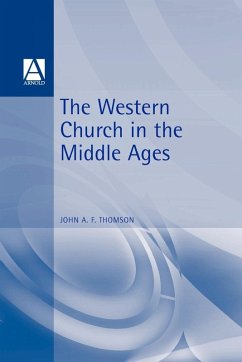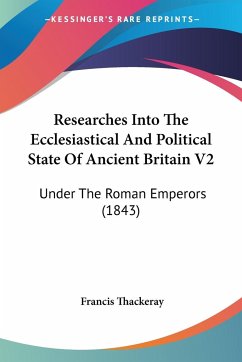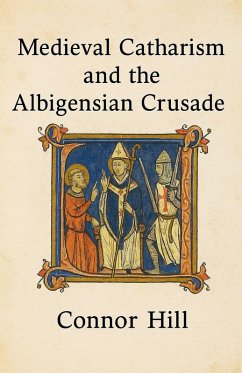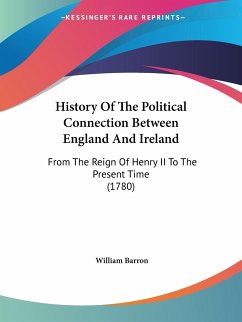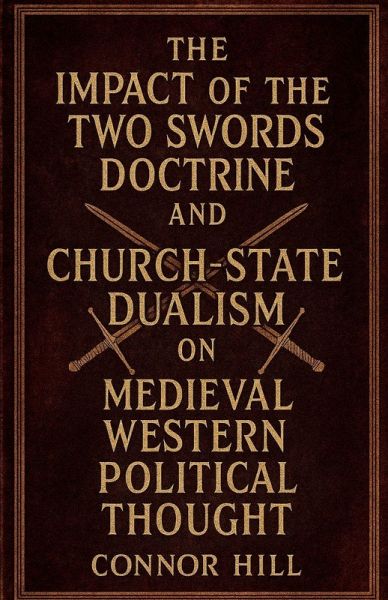
The Impact of the Two Swords Doctrine and Church-State Dualism on Medieval Western Political Thought
Versandkostenfrei!
Versandfertig in 1-2 Wochen
17,99 €
inkl. MwSt.

PAYBACK Punkte
9 °P sammeln!
In a world where religion and politics still clash daily on our screens, one medieval concept holds surprising relevance-the doctrine of the Two Swords. This groundbreaking book reveals how a simple letter from Pope Gelasius I in 494 CE sparked centuries of debate that would shape Western civilization itself. As Rome crumbled and Europe plunged into uncertainty, a revolutionary idea emerged: that human society required two distinct yet complementary powers-one spiritual, one temporal-each sovereign in its own sphere. This elegant concept would ignite dramatic confrontations between popes and e...
In a world where religion and politics still clash daily on our screens, one medieval concept holds surprising relevance-the doctrine of the Two Swords. This groundbreaking book reveals how a simple letter from Pope Gelasius I in 494 CE sparked centuries of debate that would shape Western civilization itself. As Rome crumbled and Europe plunged into uncertainty, a revolutionary idea emerged: that human society required two distinct yet complementary powers-one spiritual, one temporal-each sovereign in its own sphere. This elegant concept would ignite dramatic confrontations between popes and emperors, fuel revolutionary political theories, and eventually lay the groundwork for modern notions of religious freedom and limited government. From the dramatic showdown between Henry II and Thomas Becket in Canterbury Cathedral to the revolutionary theories of Dante and Machiavelli in the Italian city-states, from the bloodstained papal-imperial conflicts of the Middle Ages to the world-changing ruptures of the Reformation, this book traces the turbulent evolution of Western political thought through the lens of the Two Swords doctrine. With rich storytelling and incisive analysis, the author demonstrates how medieval thinkers wrestling with the proper boundaries between church and state developed sophisticated ideas about dual authority and constitutional limits that would eventually influence the American founding fathers and modern democratic theory. By examining both theoretical debates in scholarly texts and practical implementations across diverse regions-England's "royal supremacy," France's distinctive Gallicanism, the republican innovations of Florence and Venice-this compelling narrative reveals the surprising medieval roots of our modern political landscape. At a time when questions about the relationship between religious commitment and political obligation continue to shape global affairs, this timely book offers valuable historical perspective and conceptual clarity. Whether you're interested in political theory, religious history, or simply the dramatic human stories that shaped our world, The Two Swords provides an engaging journey through one of the most consequential yet overlooked concepts in Western intellectual history.



